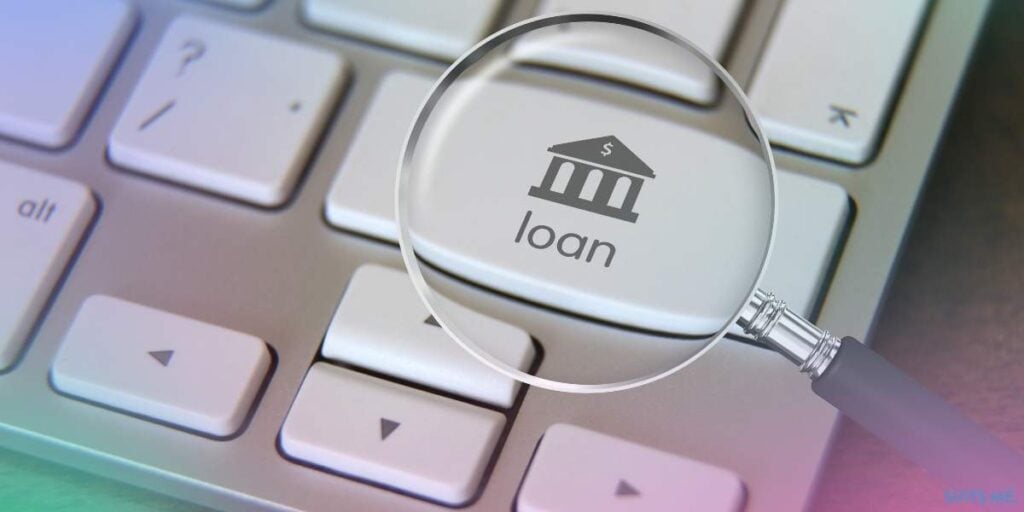
Looking at buying a house or a car? Perhaps you want to go on a nice vacation or a new kitchen, but you don’t have enough to finance your ventures. If you feel you just can’t wait, you can always take out a bank loan.
Bank loans are easy enough. You make an appointment with your bank’s lending officer, or you apply online. The bank will determine how much you can borrow or, more importantly, how much you can afford in repayment terms. They’ll also take into consideration your household income and expenditure. Depending on how much you borrow, the bank may also ask for collateral to secure the loan.
While banks are the most trusted places to borrow money, their main objective is profit, and this is why your pay interest on any loans you take out. Before you rush out and sign on the dotted line for a loan, it’s essential to understand how bank loans work and what happens when you don’t make your repayments on time or, worse, not pay back your loan.
Only Borrow Within Your Means
That shiny new luxury car may look amazing, but if your repayments are so high that you can’t afford groceries, you should be looking at an older model car or one that comes with a significantly lower price tag.
Banks have an evaluation system where they consider how much your combined household income is, what loans, credit cards and store credit you have, the average amount you spend on your bills and a little for entertainment. Some banks may allow you to borrow more, but unless it’s necessary, less is more. Less hassle and more manageable.
What Happens When You Can’t Pay Back Your Bank Loan
Defaulting on your bank loan repayments should be avoided at all costs. Even paying late can cause all sorts of hassles and may also attract considerable late payment charges. Once you miss a payment, it is often difficult to catch up.
A month goes by very quickly, and if you miss one payment, two will be waiting for you next month. The longer you go without paying your repayment, the more interest you will be paying. Your bank won’t mind as this means more profit for them.
If you find you can no longer pay your loan, the bank may take steps to get their money back, and this could mean you lose your house, car or any other assets until the principal has been paid.
All of this can adversely affect your credit score, which means you may not be able to access loans in the future, and if you do manage to get another one, it will come with a higher interest rate or even more restrictions.
Pay Close Attention To Interest Rates
From time to time, interest rates can be quite low. When they are low, many people can’t resist the temptation to borrow more as the repayments are usually lower.
However, when interest rates are low, the banks will avoid letting you fix this rate, and a variable interest rate can increase without notice. When this happens, your repayments may be readjusted, which means you will no longer be able to afford your repayments.
If you can lock in fixed rates that you can afford, you have the benefit of knowing how much you’ll be paying back every month, or if they go down, you may be kicking yourself as you’ll be paying more while others pay less.





